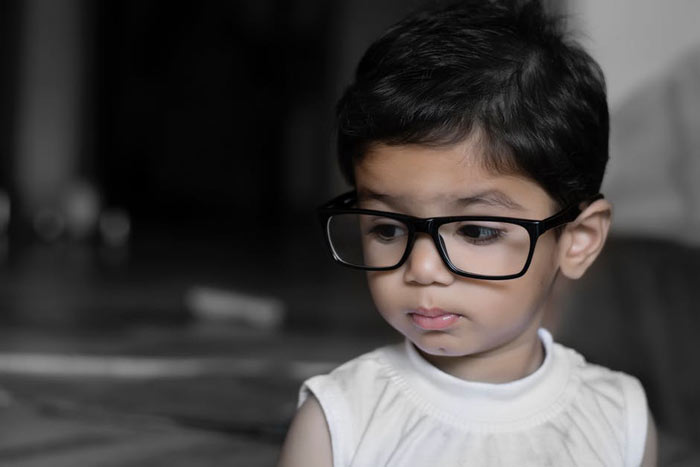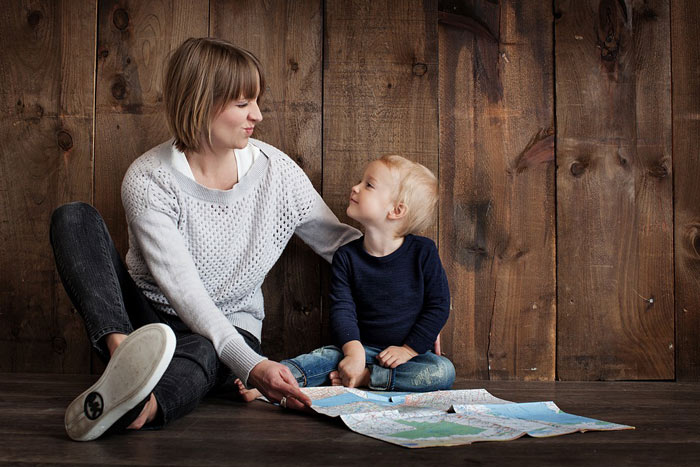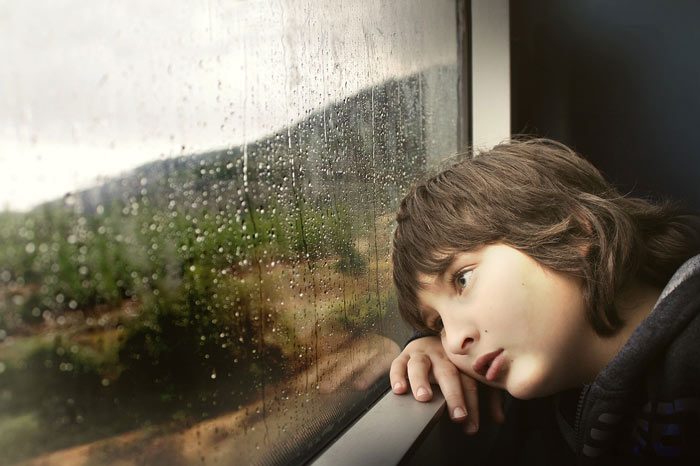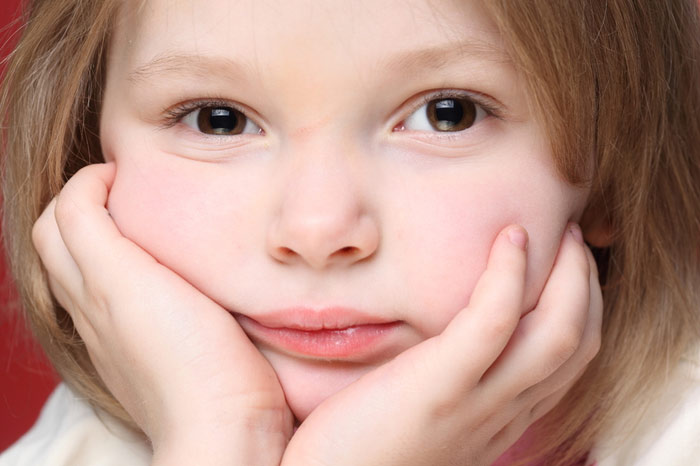Why do we feel like a victim of our circumstances and blame others for our troubles? Why do we feel like we are not “good enough” to be happy? Let’s try to understand how childhood traumas poison our lives as adults.

In the modern information world, there are so many materials on psychology available that each of us can safely consider ourselves a bit of a psychologist. We have all heard and read many times that the complexes of adults are deeply rooted in our childhood. After all, it is at this fragile age that a person is most vulnerable.
The child unconditionally trusts significant people (and they are most often mom, dad, grandmothers, grandfathers, friends of parents, classmates, and so on) and is completely unable to filter information that penetrates directly into his subconscious.
In adulthood, it is very important to learn to understand the reasons for this or that scenario of your behavior. Having learned to be aware of your (and others’) complexes, you will be able to better understand yourself and react more adequately to the behavior of others, assess your reactions more correctly, and maybe even come to the conclusion that you will completely get rid of the patterns that interfere with your life.
Below are examples of the dependence of adult complexes on childhood traumas to make it clearer.
A victim complex
A common scenario when a person constantly whines, complains, but at the same time always puts other people’s interests above his own, acts to please other people, to the detriment of his interests and sometimes even health. Such a victim often uses this strategy to gain attention and manipulate others.
Childhood traumas, due to which this happens: most likely, in distant childhood, mom, dad or any other significant figure showed how much they did for the kid, how tired they were, how hard it was for them to raise their son or daughter.
Mothers, who every minute demand gratitude for everything or grandmothers who instill in the child how important it is what the neighbor says about him.

All such attempts to restrain and educate the child can lead to the fact that the child will quickly understand: first, the neighbor is more important than his own desires and feelings, and you must please everyone; second, if you do something to someone, later you can manipulate this person as much as you like.
Inferiority complex
This is when a person constantly feels that he is not good enough on his own, for example, for a relationship with a beautiful girl, and tries to compensate for his shortcomings (which he often invents for himself) with external attributes (big cars, huge houses).
As a rule, the best and the most expensive things do not bring happiness to their owners, but they point to the fact that a person uses all this to get protection from his feelings, from the fear of not being good enough.
What happened in childhood? As a rule, childhood was not easy for such people. Parents often compared them to other children, in the style of “look how your friend plays the violin, and you have no talent.” The child was often humiliated and made to feel worthless and useless.
What may seem like an insignificant trifle to an adult, can be a life-long trauma for a child’s psyche. A fleeting emotion, a spoken word, or a disdainful gesture towards a son or daughter can generate in them a whole storm of secret emotions, which subsequently transform into adult complexes.
Superiority complex
I am better than everyone, smarter than everyone, I know better how to do it, I am surrounded by fools. Such thoughts penetrate the head of a person who does not allow himself to be any worse than others.
In fact, this is the reverse side of the same inferiority complex, just with the opposite sign. Our psyche is structured so that it blocks the most severe pain from us, and in such a bizarre form, it does not allow a person to experience pain caused by their mistakes.

Where did it come from? Most often, the parents of such children did not allow them to make mistakes, did not give them the right to fail, demanded first places at school competitions, scolded them for good marks, and so on. They used to scold their children in private.
But in front of friends and neighbors, the dad would proudly say “my son is the smartest”, and the mom would sigh and tenderly fold her hands over her face. And the child understood that he was obliged to be the best, that he had no right to make a mistake and that to fail was akin to death. The child’s psyche excludes even the slightest possibility of such a scenario.
He begins to always consider himself right, while the rest are treated like fools. This can relieve the pain caused by his own imperfection.
Don Juan complex
Such men believe that the more women they enchant, the more masculine they are. With such “victories”, they try to prove to themselves and to those around them that everyone loves and wants them. But in fact, under the guise of Don Juan, there is always a very vulnerable little boy who does not trust women, who were betrayed and now he forbids himself to experience deep emotions in order to avoid pain and frustration.
Why did it happen? Some significant female figure (mother/grandmother/teacher / first love) must have hurt their manhood painfully and cruelly. Their male ego was humiliated, so Don Juan must have been scoffed at as a man, and it was not necessarily direct ridicule.
Sometimes a disdainful glance is enough for a boy in some acute and important situation. It can affect his feelings and emotions.

It is very important for an adult to have information about the origin of their complexes and reactions, at least in order to more easily understand those around them and themselves.
For those who are now acting as parents and raising a new generation of little people, this is incredibly useful information that will help to avoid gross errors in upbringing and raise happy adults out of their children rather than the notorious Napoleons and Don Juans.










